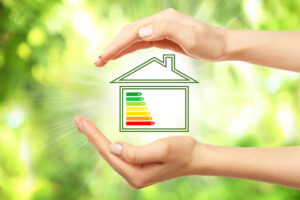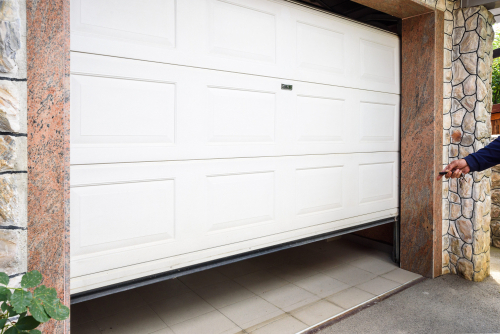Make Your Home More Energy-Efficient With a Garage Door
When people think about energy-efficient homes they often consider appliances like washing machine, dishwasher, heating and cooling and so on. Your garage door is part of that. Depending on which garage door you choose, the garage energy needs may be massive or very little. This short guide will tell you what aspects impact energy needs the most.
Garage Door Weight
This is the biggest factor when it comes to energy efficiency. It should be easy to see why. A garage door that is heavier will require more energy to lift and close. While you don’t want the lightest garage door in most cases because it may not be as durable, you do want to balance weight with durability and other factors.
Choosing a lightweight garage door material that is also sturdy, like aluminum, will put much less pressure on the garage door opener. When getting a new garage door, ask about this and see what the lightest option is that is still safe for your home.
Insulation
Your garage door can help regulate temperature in your garage. The better the insulation, the less your heating or cooling will have to work to make the garage a comfortable temperature. You will find this represented by the R-value of the garage door. A better R-value means better insulation, which will make your entire home more energy efficient overall.
Energy-Efficient Garage Door Windows
Garage door windows are usually on the smaller side, so they don’t have the impact the larger windows in your home do, but they are still important if you want to make your home as energy efficient as possible. The larger the windows, the more important they are for insulation and preventing hot or cold air from escaping.
You’ll want to choose sealed windows with multiple layers. This will ensure the temperature doesn’t change much and that the windows help regulate the internal temperature of the garage.











